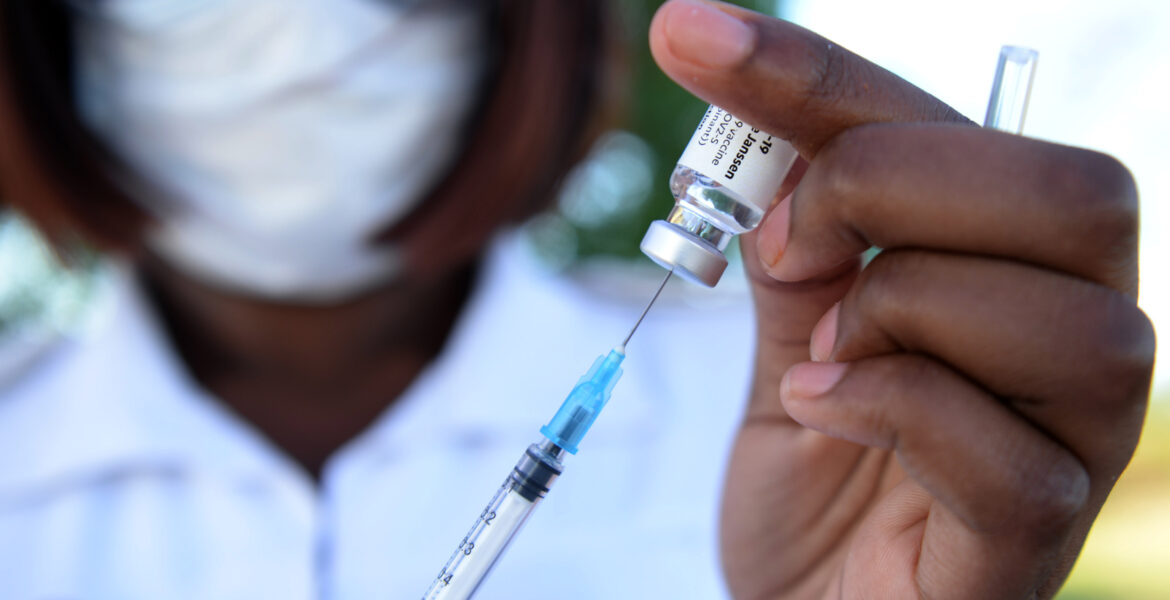- CMS stock currently at 46%
- Vital medicines at 38%, essential medicines at 35%
- Hypertension, diabetes, cancer and other deadly diseases affected
- Expert says Big Pharma making medicines in Botswana may solve nothing
- Dr Maganu says procurement is “the biggest source of corruption” in Africa
GAZETTE REPORTER
The Assistant Minister of Health and Wellness, Sethomo Lelatisitswe has this week informed Parliament that stock availability at Central Medical Stores (CMS) currently stands at 46 percent detailing a dire situation that has catapulted government into working towards a solution.
CMS is government’s largest distributor of health drugs and currently availability of medical drugs at the facility is at 40 percent, reagents are at 51 percent while sundries (hospital supplies) are at 47 percent.
“This gives us an average of 46 percent,” the junior minister said.
Availability of vital medicines and essential medicines stands at 38 percent and 35 percent respectively. Minister Lelatisitswe also revealed that medicines for treatment of asthma and other non-communicable diseases like hypertension, diabetes and cancer are the ones mostly affected.
The repercussions of these shortages are that patients who miss their treatment schedules are likely to have their conditions deteriorate, Lelatisitswe noted grimly.
Responding to this, a public health expert, Dr Edward Maganu, described the current level of availability of medical drugs at Central Medical Stores as “really disastrous”.
Dr Maganu, who joined the World Health Organisation after serving as Permanent Secretary for the Ministry of Health and Wellness, called for prompt attention to the situation. But while the government is inviting pharmaceutical companies to set up in Botswana, Dr Maganu says a better solution lies in buying medicines by tender and getting good prices “because of economies of scale”.
Dr Maganu said while such a poor level of drug supplies occurs occasionally, the current one is attributed to the COVID-19 pandemic. “But whether that is the whole story is a question,” he said.
Dr Maganu said there are two major components of the government drug supply system – the procurement system and supply chain management. “If one of the two flounders, the whole system gets into problems,” he told The Botswana Gazette.
“One can only hope that the ministry will give priority to solving the drug supply problem in government. There is nothing more frustrating to a patient than getting to a dispensary and being told the drug prescribed for you is unavailable.”
In his update in Parliament recently, assistant minister Lelatisitswe said the government was doing everything to address the situation that the “will normalise soon”. He informed the House that the government has approached pharmaceutical companies about setting up manufacturing plants in Botswana.
However, Dr Maganu said this may not be effective. “Involvement of private pharmacies is not the solution,” he said. “Quite apart from availability, their prices are very high and I don’t see how the government can afford them. The government should buy drugs by tender and get good prices because of economies of scale.

